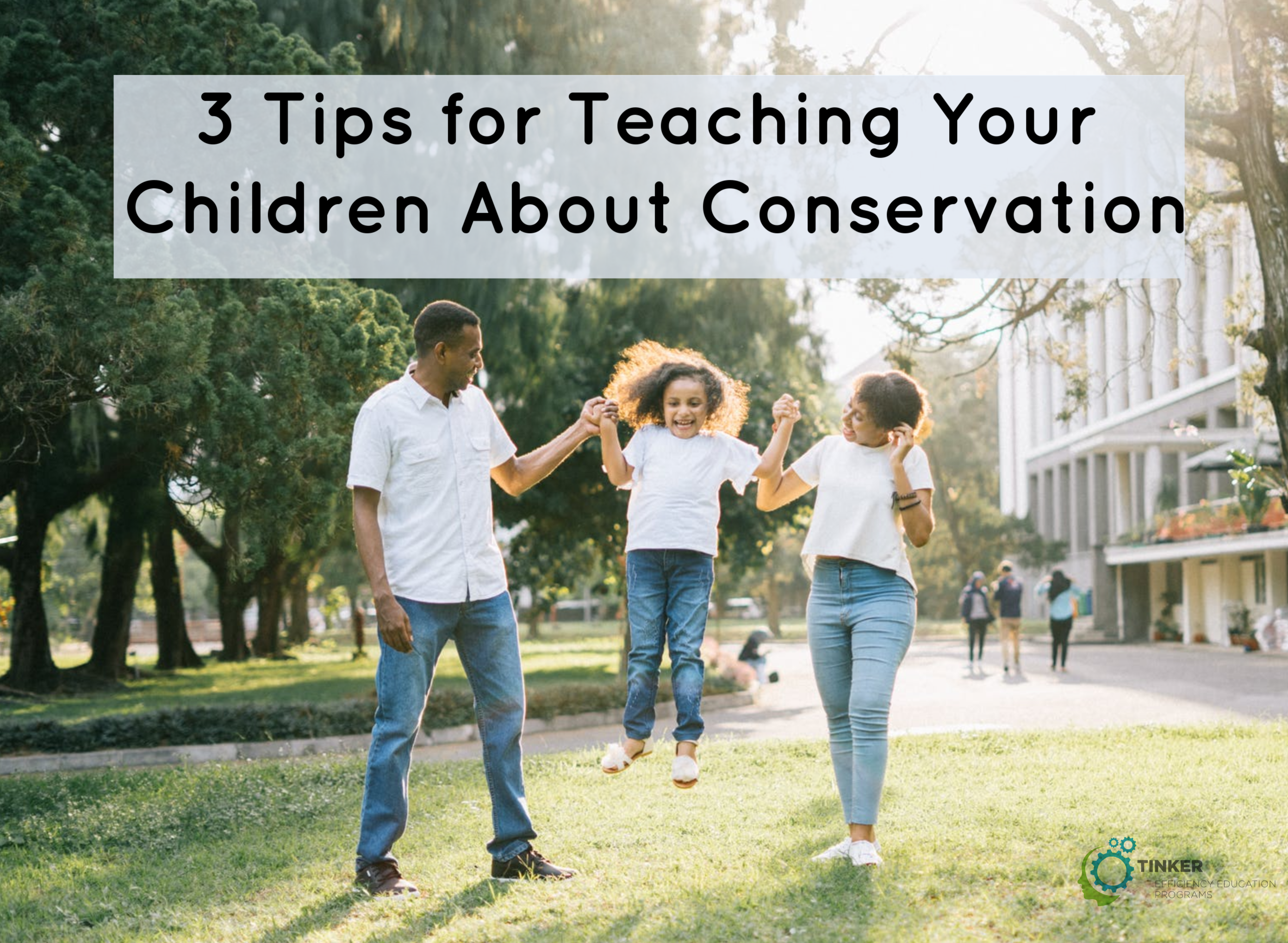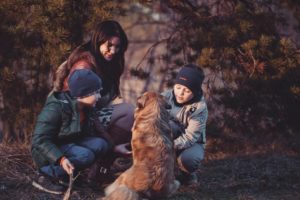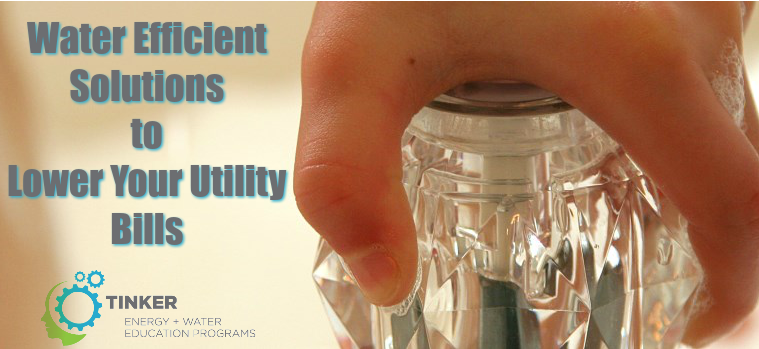3 Tips for Teaching Your Children About Conservation
There has never been a more crucial time to educate the next generation on the impact they can have on the planet. When it comes to the health and sustainability of humanity in general, our kids will be the ones who make the difference.
So, teaching them about the importance of conservation is key. This includes everything from wildlife to water. If you’re not sure how to get the conversation on conservation started with your children, keep these three tips in mind.
Set Positive Examples
One of the best ways to teach your kids about conservation is to be their ultimate example. No matter their age, children are always watching what their parents do, and they learn best through our actions.
In your own life, work to develop conservatory habits when it comes to using water, saving energy, and even dealing with wildlife. When you’re ready to talk to your kids about how important conservation really is, they’ll already have some base knowledge just by watching what you do each day.
Talk About Climate Change
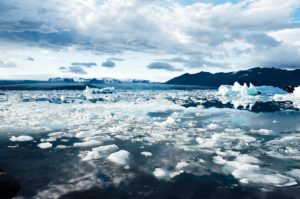
The subject of climate change can be a scary one for all of us, but especially for kids. That doesn’t mean it should be avoided. Having a talk about climate change is important, not only so your children know what could happen if things don’t change, but to encourage them that they can be the generation that makes a difference.
Don’t use the “climate change talk” as a way to frighten your children. Instead, use it to give them hope that they can have a powerful impact on the future of the planet. That kind of encouragement can be extremely motivating to a child, and can really drive them to develop positive conservation habits.
Promote Recycling and Reduce Waste
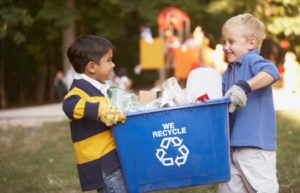
One of the easiest ways to get started when it comes to teaching your children about conservation is to talk about the importance of recycling and reducing waste. You can even take them on “field trips” to your local landfill or recycling center, so they can see for themselves just how much our waste impacts the planet. The best part? You can make a fun game out of a serious subject.
While it’s important for your children to understand the environmental impact of too much waste, it doesn’t mean you can’t take the seriousness of the subject and develop a lighthearted way to do something about it.
Set up recycling stations in your home that your children can use every day. Or, make a competition to see who can reduce the most waste each month in your family.
There are so many ways to teach your children about conservation. Don’t wait to have a talk with them about the future of our planet, and how they can make a difference. The three tips listed here are just a few ways to get started. Don’t be afraid to get creative with your kids and explore new ways to talk about conservation!

